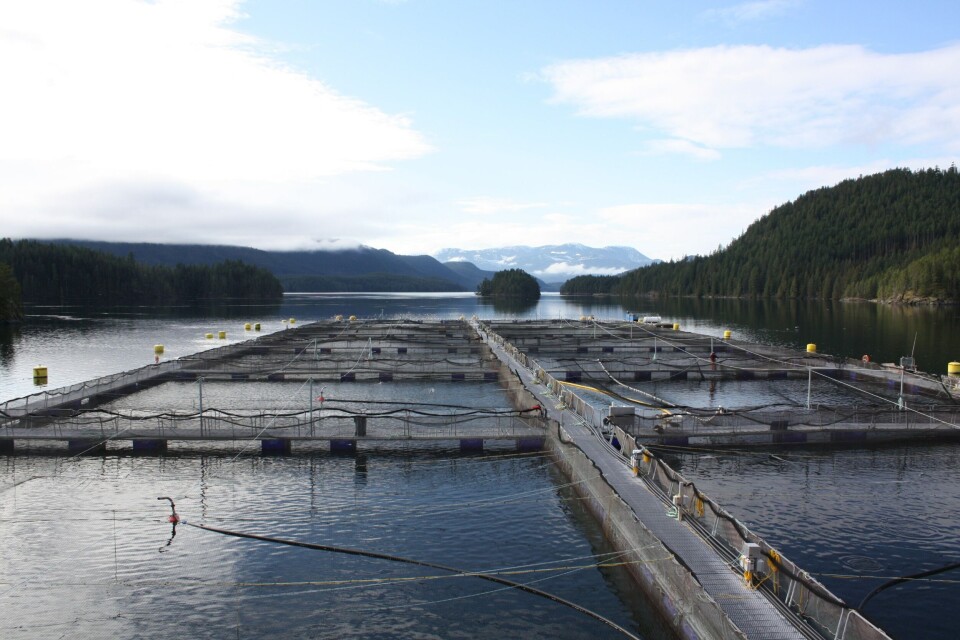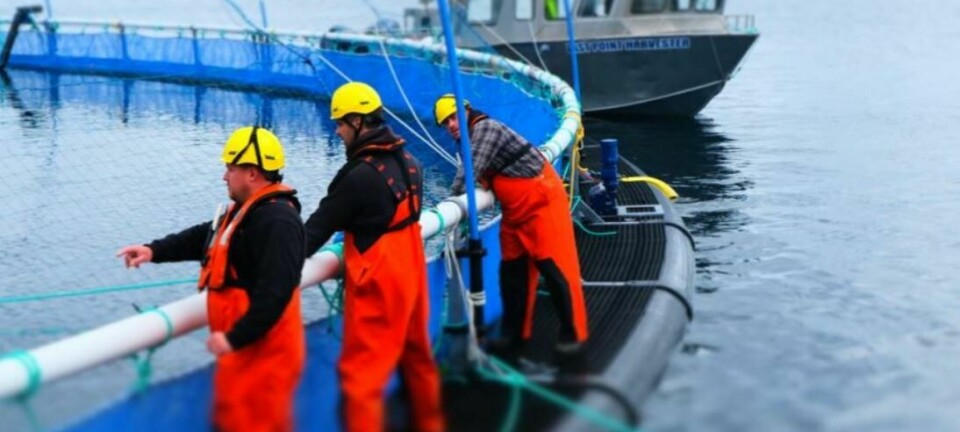
Certification: improving sustainability of aquaculture?
In a paper published in Science on September 6th, an international team of researchers including Dr Francis Murray and Prof David Little of our Sustainable Aquaculture Research Group discuss current thinking.
Aquaculture is one of the fastest growing global food production systems. The rapid expansion of the sector has come with a wide range of concerns about the environmental and social impact of aquaculture. In response, NGO-led certification schemes, such as the Dutch based Aquaculture Stewardship Council (ASC), have developed standards against which the environmental and social performance of aquaculture can be measured.
Based partly on the experience of an EU-Framework 7 funded research project, the paper argues that aquaculture certification has limits as a means of governing sustainable production. Dr Francis Murray, who coordinates the SEAT project from the Institute of Aquaculture, observed that private certification has gained prominence because of a fear of under-regulation by Governments, but is now blamed for being inflexible, divisive and restrictive.
Only around 5% of global aquaculture production is currently certified and potential for further growth is limited by the concentration of demand for certified seafood in US and EU markets while most seafood is consumed elsewhere, notably Asia where most fish and shrimp farming occurs. Furthermore, the 13 main species currently covered by the ASC currently account for around only 42% of worldwide aquaculture seafood production, leaving the remaining 58% with no opportunity for certification.
The impacts of standards are also limited by their farm-level focus. In reality, cumulative impacts of multiple farms in one location on the surrounding environment or farming communities are much more important. It has also been difficult to effectively involve many of those who depend on aquaculture in poorer producer countries in the actual development of standards.
Asian producers have already made huge strides in assurance of food safety for export trade but for certification to have real global impact these gains along with complementary environmental and social improvement now need to be the target of certification for their increasingly affluent domestic markets. If standard setters including certifiers, food service and retailers from Europe and N. America are sincere about enhancing global sustainability they need to engage more fully in these Asian markets where many have rapidly expanding operations.





















































